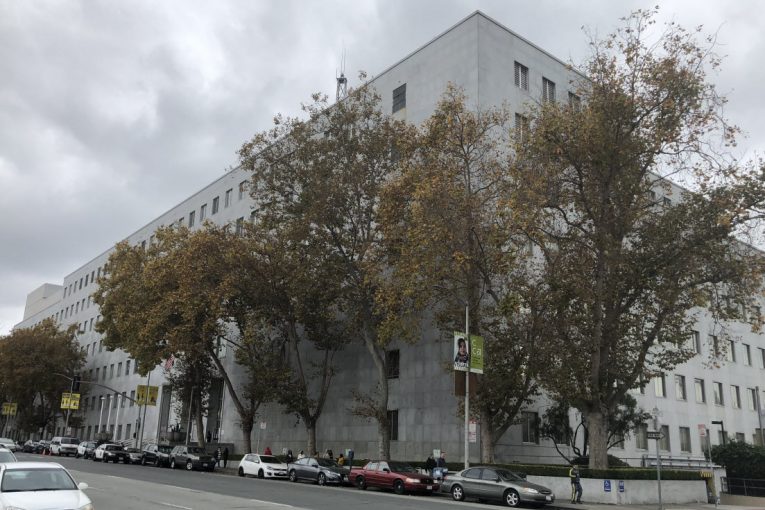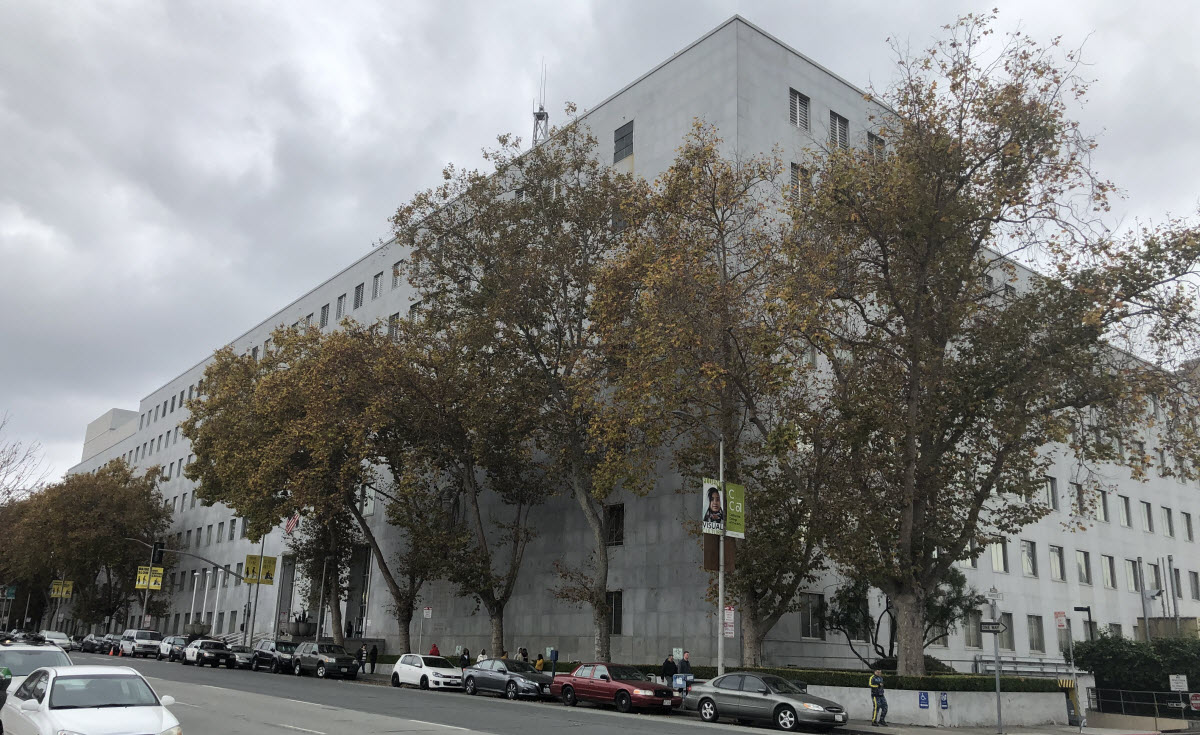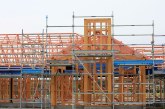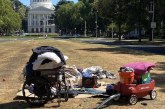

San Francisco, unlike other counties, made the decision to end the policy of zero bail during the COVID-19 pandemic. The zero-bail policy was designed to ensure that jail populations could be maintained at low, safe numbers in compliance with public health officials’ recommendations to make social distancing possible.
It called for those charged with lower-level offenses to be quickly released from custody without having to post bail.
Despite the dramatic reduction in crime rates since COVID-19 and the continued risk of the spread of the disease in close quarters, last week, the California Judicial Council voted to end the zero-bail policy statewide. But it did allow individual jurisdictions to decide for themselves.
Last week, the California Judicial Council, as expected, voted 17-2 to end the emergency bail schedule.
“The Judicial Council’s action better reflects the current needs of our state, which has different health concerns and restrictions county-to-county based on the threat posed by COVID-19,” said Justice Marsha Slough, a Judicial Council member and chair of the Executive and Planning Committee.
She said, “We urge local courts to continue to use the emergency COVID-19 bail schedule where necessary to protect the health of the community, the courts, and the incarcerated. We are also asking courts to report back by June 20 on whether they plan to keep the COVID-19 emergency bail schedule, or another reduced bail schedule.”
San Francisco County Superior Court made the decision to end the zero-bail policy, unlike many other large counties such as Alameda County, Contra Costa County, Santa Clara County, Yolo County, and Los Angeles County, which decided to maintain the zero-bail policy out of concern for public health, a release from the San Francisco DA’s office noted.
The DA’s office said, “The Judicial Council and the San Francisco Courts abandoned the policy that helped protect Californians from further spread of COVID-19, even as new cases are on the rise  and, around the nation, the highest concentrations of cases have occurred in prisons and jails.”
and, around the nation, the highest concentrations of cases have occurred in prisons and jails.”
“We are disappointed with the Judicial Council and the San Francisco courts for moving away from an effective public health policy despite the fact that the overwhelming majority of people released on zero bail did not re-offend, and many were never even charged with a crime,” said District Attorney Chesa Boudin.
He also emphasized that zero bail helped to minimize the harm the criminal justice system inflicts, particularly on low-income communities and people of color.
“Our office stopped seeking bail in San Francisco long before this policy went into effect precisely because forcing people to post bail does not protect public safety and merely criminalizes the poor. With the revocation of the zero-bail policy, many people will sit in jail even before seeing a judge—putting them and everyone around them at risk,” Boudin continued.
Public Defender Mano Raju agreed.
Raju told the Vanguard, “The $0 bail schedule only applied to low level offenses and was created to protect public health during the pandemic. The pandemic has not gone away. We need fewer people in jail at this time, not more. This decision to not follow the zero-bail schedule puts poor people, people of color, their families, and the broader community at further health risk.”
Dr. Lisa Pratt, Director of the Department of Public Health Jail Health Services, emphasized the importance of keeping the jail population low in order to prevent the spread of COVID-19.
“Social distancing is already challenging in a jail, but San Francisco jails have successfully avoided a major outbreak of COVID by listening to medical experts and keeping the jail population low,” she explained.
She added, “The decision to revoke the zero-bail policy fails to prioritize the real public health concerns of a spread of the virus in jail—and puts everyone who lives and works in jail—as well as those who interact with them—at higher risk of the virus.”
The impact of this decision in San Francisco is more limited than perhaps in other areas.
The zero-bail allowed for a cite, book and release. That will stop.
As Chesa Boudin explained to the Vanguard, “we do not have power over use of bail pre arraignment. That is based on bail schedule set by judges.”
But due to the Buffin lawsuit filed back in 2015, there is a federal injunction in San Francisco that prevents the court from using the regular bail schedule pre-arraignment as in other counties.
Boudin explained, “so if we end zero bail, we go back to the Buffin injunction procedures which uses the PSA risk assessment to get people out. It is slower than zero bail but way faster than other counties.”
The bottom line, he said, is it its not as bad as other counties might be.
“It is still moving backwards,” he said.
—David M. Greenwald reporting
To sign up for our new newsletter – Everyday Injustice – https://tinyurl.com/yyultcf9






